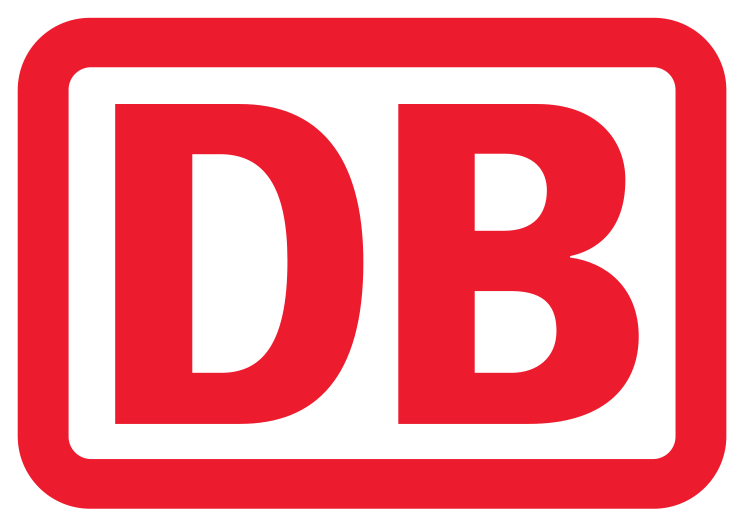Strategic supply chain management
Planning and controlling logistics networks

Contents
Effects, correlations
- Classification of company processes/organization in the supply chain (SC).
- Objectives of SC projects.
Structuring supply chains
Develop strategies, optimize procurement, production and logistics networks
- Strategy development, instruments, analysis methods.
- Analyze company networks, identify optimization potential; reduce procurement, production, distribution costs and inventories.
- Strategies for manufacturing networks: production footprint, make or buy.
- Strategies for supplier networks: bundling strategies, collection concepts, etc.
- Strategies for distribution networks: centralized/decentralized concepts, etc.
- Simulation models.
Supply chain strategy workshop
- Application of a model for structuring the supply chain; recognizing the effects on one's own SC.
Supply chain planning
- Demand planning, scheduling, inventory management.
- Inventory strategies: make to order, make to stock, push/pull strategies, etc.
- SC Forecasting: Collaborative Planning, Forecasting and Replenishment etc.
- Modern planning tools: Overview, benefits, limits, costs.
- The bullwhip effect - smoothing out fluctuations in demand.
Putting the supply chain strategy into practice
- Procurement: optimal integration of suppliers , EDI, Kanban; use of supplier logistics centers, etc.
- Development of a differentiated disposition.
- Warehouse: storage levels, delivery concepts, modern warehouse organization, "lean warehouse".
- Production: Basic principles of modern production organization.
- Distribution: optimize the delivery service, reduce transport costs.
Supply chain controlling, working capital management
- Define key figures.
- Cost/value management, economic value added (EVA).
- Target costing, activity-based costing.
- Benchmarking, working capital management.
Learning environment
In your online learning environment, you will find useful information, downloads and extra services for this training course once you have registered.
Your benefit
This training looks at supply chain management from a very strategic perspective and requires a basic understanding of how the supply chain works.
- The flexible and market-oriented alignment of the supply chain enables the creation of key competitive advantages.
- The course teaches how strategy development and implementation can be approached in a structured manner in the context of supply chain management.
- Measures to increase process transparency and reduce costs are presented.
- Participants learn how to actively manage the supply chain and receive practical controlling tools for this purpose.
- The cross-industry orientation of the training event offers valuable impulses as well as insights into proven practical examples.
Methods
Trainer input, strategy workshop, practical cases, best-practice examples, exchange of experience.
Recommended for
The training is aimed attendees from manufacturing companies: decision makers, managers, junior managers, team/group/projectproject managers from the areas of supply chain management, logistics, procurement, production and logistics IT. Supply chain managers. Managing directors who want to gain a sound insight into the subject matter.
Further recommendations for "Strategic Supply Chain Management"
5357
Start dates and details

Wednesday, 15.04.2026
09:00 am - 5:00 pm
Thursday, 16.04.2026
09:00 am - 5:00 pm
Monday, 27.07.2026
09:00 am - 5:00 pm
Tuesday, 28.07.2026
09:00 am - 5:00 pm
- one joint lunch per full seminar day,
- Catering during breaks and
- extensive working documents.

Thursday, 19.11.2026
09:00 am - 5:00 pm
Friday, 20.11.2026
09:00 am - 5:00 pm
Thursday, 18.03.2027
09:00 am - 5:00 pm
Friday, 19.03.2027
09:00 am - 5:00 pm
- one joint lunch per full seminar day,
- Catering during breaks and
- extensive working documents.
- one joint lunch per full seminar day,
- Catering during breaks and
- extensive working documents.
 4.2
4.2









